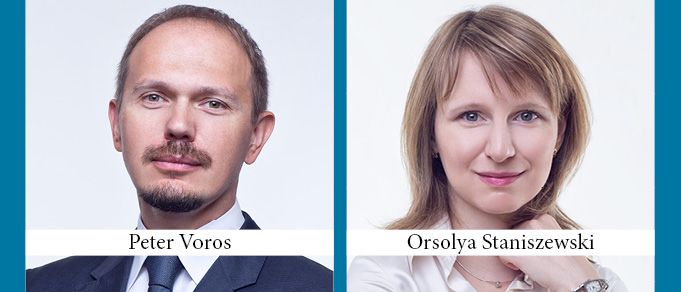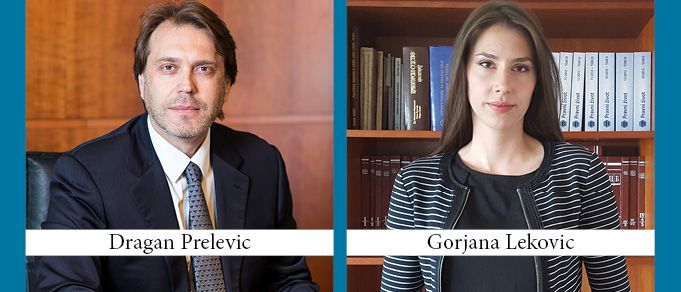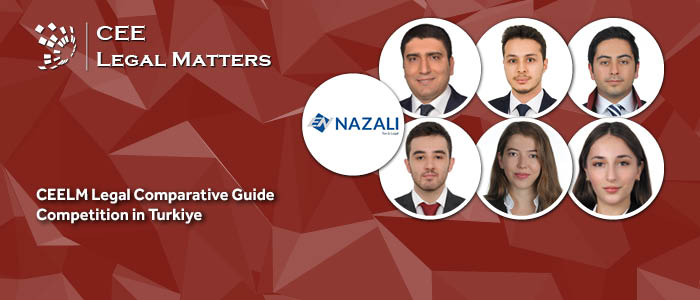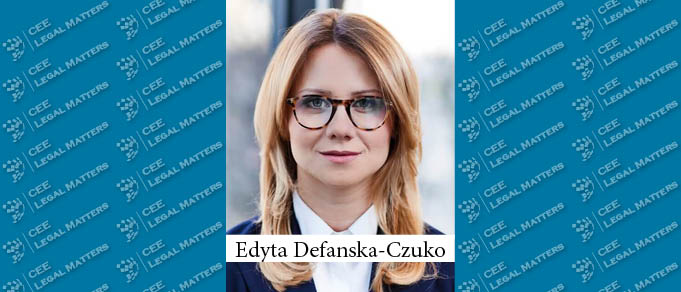The Hungarian Parliament has recently adopted three new procedural laws: Act CXXX of 2016 on the Code of Civil Procedure (“CCP”), Act I of 2017 on the Code of Administrative Litigation (“CAL”), and Act CL of 2016 on Administrative Proceedings, which will all enter into effect on January 1, 2018. These new procedural laws come on the heels of the recodification of many substantive laws such as the Civil Code and the Criminal Code. This article aims to give a brief overview of these new procedural laws.
Ukraine’s Legal Actions Against Russia Yield First Fruit
The Russian annexation of Crimea in March 2014 and subsequent military actions in Eastern Ukraine left Ukraine reeling. It took a while for the country to develop a strategy and institute its first arbitration and court actions against the Russian Federation. These first legal challenges are now bearing fruit, as several landmark decisions have recently been delivered by major international dispute resolution venues.
Regulation of Small Claims Procedure in Croatia
This article has been drafted to follow-up to the 2016 Comparative Report on Minor Disputes, which was drafted by the World Bank in cooperation with the Dutch Ministry of Foreign Affairs.
A New Remedy Against Excessively Long Judicial Proceedings
The latest amendments to the Civil Procedure Code of Albania (CPC) which will enter into force in November 2017 are designed to increase the efficiency and performance of the country’s judicial system.
When Public Meets Private: Offenses Committed by Members of Arbitral Tribunals or in Connection Thereto
MOTTO: No judge writes on a wholly clean slate.
Making of the New Montenegrin Law on Business Organizations – Expected Positive Effects
Long and costly court procedures resulting in enforceable verdicts remain the norm in Dispute Resolution in Montenegro.
Online Streaming – Piracy or Internet Marketing?
The digital era brought us new ways of distribution of media content, one of them being the performance of services of online media platforms. Since this is a relatively new kind of business activity, it is necessary to analyze the way it fits within the provisions of Serbian legal system. The major question in this respect pertains to potential copyright and related rights infringement.
Burden of Costs in Civil Litigation in Bulgaria
The burden of costs in litigation has always been of great importance to people and companies deciding whether to bring a civil action.
Changes to the Arbitration Procedure in Russia: The Reform to Speed Up Legal Process
Russia is undergoing a rapidly-developing process of judicial reform aimed at unifying the different procedural rules of the two systems of Russian courts: those with so-called “common” jurisdiction and the “arbitration” courts.
Dispute Resolution Review in the Republic of Macedonia
Prior to initiating a civil court procedure, parties may try to solve a dispute through out of court negotiations. When these out of court negotiations are not successful or when the relevant statute of limitations is about to expire, in order to protect their rights, the parties can initiate a procedure in the competent court.
Parallel Proceedings: Fighting on Two Fronts
“Parallel proceedings” are disputes between the same and/or related parties in the same or related disputes in different forums. Parallel proceedings usually arise when court and arbitration proceedings are commenced simultaneously to resolve the same case or a case that will in some way affect the other. Disputes arising out of shareholders’ agreements and articles of association, in particular, come under the spotlight in Turkey in the context of parallel proceedings.
Expat on the Market: Interview With Rob Shantz of Redcliffe Partners
Rob Shantz is a partner and the Head of the Corporate practice of Redcliffe Partners. He is a US-qualified lawyer with over 28 years of experience, including some 20 years in Central and Eastern Europe. Shantz specializes in cross-border corporate law and corporate governance matters, as well as in FCPA compliance investigation.
Guest Editorial: Belarusian Legal Market Overview
At 30 years old, the Belarusian legal market is still relatively young. The end of the 1980s and early 1990s was a time of new economic relations; the first non-state companies appeared and the first foreign investors entered the market. These new economic conditions required lawyers focused on economic law, and soon the first Belarusian private law firms and individual practitioners appeared. Some of them (including the Law Laboratory, which was founded in 1990 by me and my colleague Natalia Kozyrenko and which later transformed into Vlasova and Partners) remain the “top dogs” on the Belarusian market today.
Expat on the Market: Interview with Egons Pikelis of Ellex Klavins
UK-born Egons Pikelis is a Partner and Head of Banking/Finance at Ellex Klavins in Latvia.
Inside Out: Primus, Cobalt, Sorainen, and Ellex Raidla Advise on BaltCap Acquisition of Estonian Classified Portals from Sanoma Media Finland
The Deal: On March 20, 2017, CEE Legal Matters reported that Primus’s Tallinn office had advised BaltCap on its acquisition of 100% of Sanoma Baltics AS – the operator of the Estonian online classified sites auto24 and Kuldne Bors – from Sanoma Media Finland Oy. Sorainen advised Sanoma Media Finland, and Cobalt advised the management of Sanoma Baltics on the transaction, with Ellex Raidla advising AS LHV Varahaldus on its provision of financing for the transaction.
A Baltic Round Table
On July 18, 2017, an elite selection of Baltic legal experts from both the private practice and in-house worlds gathered at Cobalt’s Riga office for an in-depth discussion about the Baltic legal markets.
Guest Editorial: Times are Good – Baltics Roar Again
The overall recovery of global economies and, specifically, growth in Europe, has had a direct impact on the legal markets of the Baltic countries.
Inside Insight: A CLO Reflects on Challenges on the Horizon
In the modern world, people are regularly faced with new challenges.











































